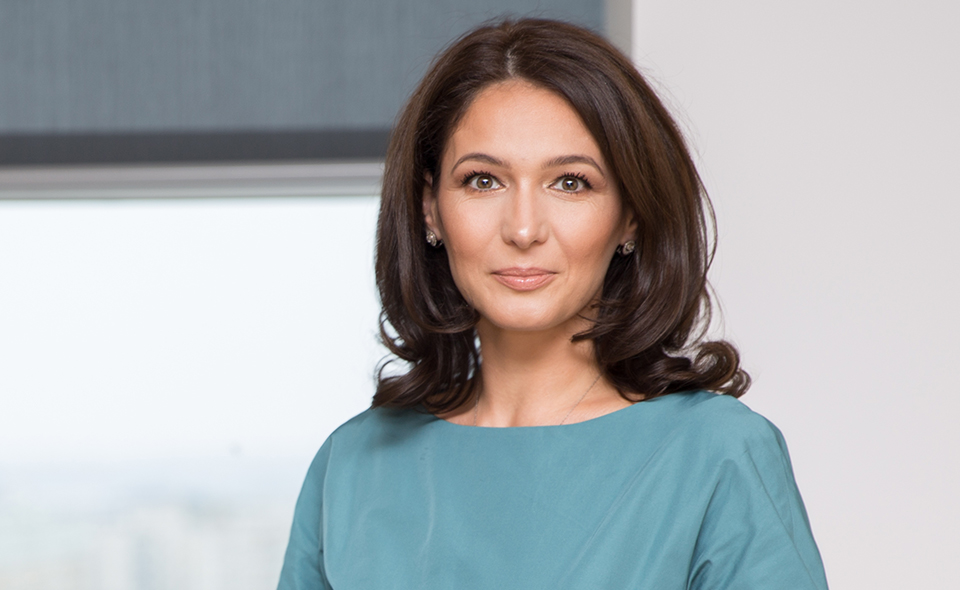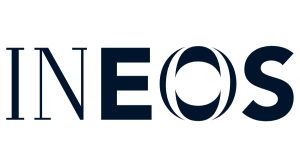The AI, cryptocurrency and blockchain spaces have recently seen a marked increase of development contracts featuring arbitration clauses. Why do you believe arbitration is seen as an attractive option for dispute resolution in the tech sector?
I think arbitration is well suited to solve disputes in this field because of the specific technical issues involved. Having tech-savvy arbitrators deciding a case is a key advantage of arbitration in tech cases. The efficiency of the process is also a major advantage compared to the length of normal court proceedings. Moreover, cryptocurrency and blockchain have a borderless character and from this perspective, being able to enforce an arbitral award in almost 170 countries that have ratified the New York Convention is also beneficial. The confidential character of the arbitration process makes it attractive for tech disputes as well.
What benefits can arbitration (and ADR more widely) have for fast-evolving industries like digital technology?
Having recourse to a fast and confidential dispute resolution process enables continuous innovation, as the legal positions of the parties are swiftly clarified and development is not halted by lengthy litigation.
What trends in arbitration and industry have you personally observed in the past two years?
During the last two years, the COVID-19 pandemic had a major effect on how arbitration proceedings are conducted. We have witnessed a rapid and major switch to virtual hearings, all the participants in the process taking huge technological steps in making use of new technologies in arbitrations, such as Zoom-held hearings or eDiscovery.
In terms of substantive issues, a topical discussion in the last couple of years was on the subject of environmental, social and governance expectations of business, which together with the climate change goals will probably lead to an increased number of disputes in this area.
Having tech-savvy arbitrators deciding a case is a key advantage of arbitration in tech cases.
Can you tell us about further trends that you expect to see in the sector in the remainder of 2022 and beyond?
As companies and activities in the tech sector are subjected to regulations, we might see tech companies bringing investment claims against states for breach of their investments in the sector.
Blockchain arbitration is likely to become more widely used for its advantages as an affordable and decentralised system. The way I see the process developing, access to blockchain-conducted arbitration will be possible without personal identities being revealed and without the need to seek enforcement before national courts, which is a major advantage in terms of the cost and duration of the process.
Development of the metaverse, or “Web 3.0”, will most likely give rise to various kinds of disputes, such as IP disputes concerning trademark infringement in the virtual world, or disputes deriving from the issue of non-fungible tokens (NFTs) related to goods sold by various trademark owners or related to artworks. Notably, there might be disputes deriving from the type of rights NFTs are able to transfer to their buyers, i.e. ownership rights or merely license rights. Disputes might also arise from IP rights based on contracts concluded before the metaverse era.
I can also imagine that there will be an increased number of domain name disputes as cybersquatting will most likely grow with the development of the metaverse.
In terms of procedure, I think that arbitration institutions must continuously improve or at least maintain the quality of their nominated arbitrators and of their works (arbitral awards), as there is a trend of visible improvement in judicial state proceedings – the organisation of the hearings, the qualification of the judges, the grounding and length of the court decisions. These two pillars of the justice system, public on the one hand and private on the other hand, are becoming more and more like rivals in the eyes of a client or a practitioner.
[ymal]
About Mihaela Maravela
Please tell us a little about your journey into law.
I started practising law in a specialised IP law firm in Romania, where I have focused on trademark rights and domain name disputes. Together with my passion for IP during law school, this has shaped the evolution of my career. I also worked in the banking and finance team of a Big Four firm before moving to the arbitration practice of an arbitration-focused firm, also in Romania.
I found that the transactional experience gained during the first part of my career in finance and banking, real estate and M&A was extremely helpful in large international arbitration disputes, as it gave me the necessary edge when preparing the strategy of arbitration and court cases that involve large volumes of data and that require attention to every detail and, at the same time, a strategic view of the case. I have further developed my experience by acting as arbitrator in commercial disputes with the Romanian Arbitration Court and as a WIPO domain name panelist in over 140 UDRP cases.
I also enjoy writing on the legal topics that interest me, and in addition to contributing to various book chapters on arbitration-related issues, I have recently started my own blog with my insights on arbitration, domain name disputes and intellectual property issues. I think that my experience at the intersection of international arbitration, intellectual property, cybersecurity and internet laws will assist my practice in the challenging legal system that the rise of the metaverse will shape.
Do you have a particular career achievement that you are especially proud of?
One of the highlights of my career was obtaining a favourable decision for the Romanian state in a high-stakes investment arbitration case where I coordinated, together with my partner at the time, the work on the Romanian law issues applicable in the case. The claims against the state were rejected in full.
I am also particularly proud of having presided on a three-member panel in a UDRP case concerning one of the hot topics decided in 2021, which addressed free speech issues in a “.sucks” domain name case.
What motivates you to achieve the best possible success for your clients?
I always strive to find the best solution for the client for the legal issues that I analyse either in consultancy or transactional work or in disputes that I handle. I find the entire process of putting the factual pieces and the results of the legal research together to prepare the strategy of the case fascinating. In my capacity as decision-maker I always strive to find the truth and to take the correct and just decision for the parties in dispute.
Mihaela Maravela, Founding Partner
Maravela Codescu Buliga Attorneys at Law
123 Tepes Voda, District 2, Bucharest, 021524
E: mihaela.maravela@mcblaw.ro
About Mihaela Maravela
“I am a Romanian qualified lawyer with almost 20 years of practice. I focus on domestic and international arbitration, both as counsel and as arbitrator. I also act as a domain name panelist, having solved over 140 domain name disputes, as a panelist with the Arbitration and Mediation Center of the World Intellectual Property Organization in Geneva. In terms of substantive areas, I specialise in intellectual property matters, domain name disputes and internet law. I also handle consultancy work in the corporate, M&A, finance and banking and real estate fields.
I have recently co-founded Maravela Codescu Buliga Attorneys at Law, specialising in arbitration and other type of disputes, consultancy work and tax-related matters.”





















